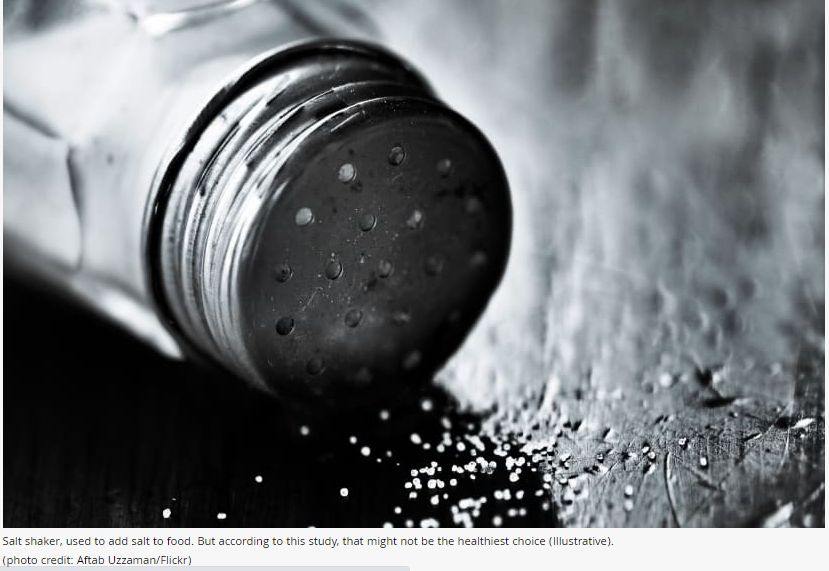It’s well known that adding salt regularly to your food raises the risk of hypertension and the resultant risks of heart attacks and strokes. But now, researchers in New Orleans have found that it also significantly increases the danger of triggering chronic kidney disease.
Who was part of the study’s overall sample?
The team studied people aged 37 to 73 included in the UK Biobank of health data. Participants were enrolled from 2006 to 2010 and prospectively followed up for disease diagnosis. Participants were asked if they added salt to their food never or rarely, sometimes, usually, or always.
Those with higher self-reported frequency of adding salt to foods were more likely to have a higher BMI and a lower eGFR – a measure of how well your kidneys are working. Those who added salt to their foods were also more likely than those who did not add salt to their foods to be current smokers and have diabetes or cardiovascular disease. In addition, having a lower BMI and regular physical activity significantly lowered the risk of chronic kidney failure.



